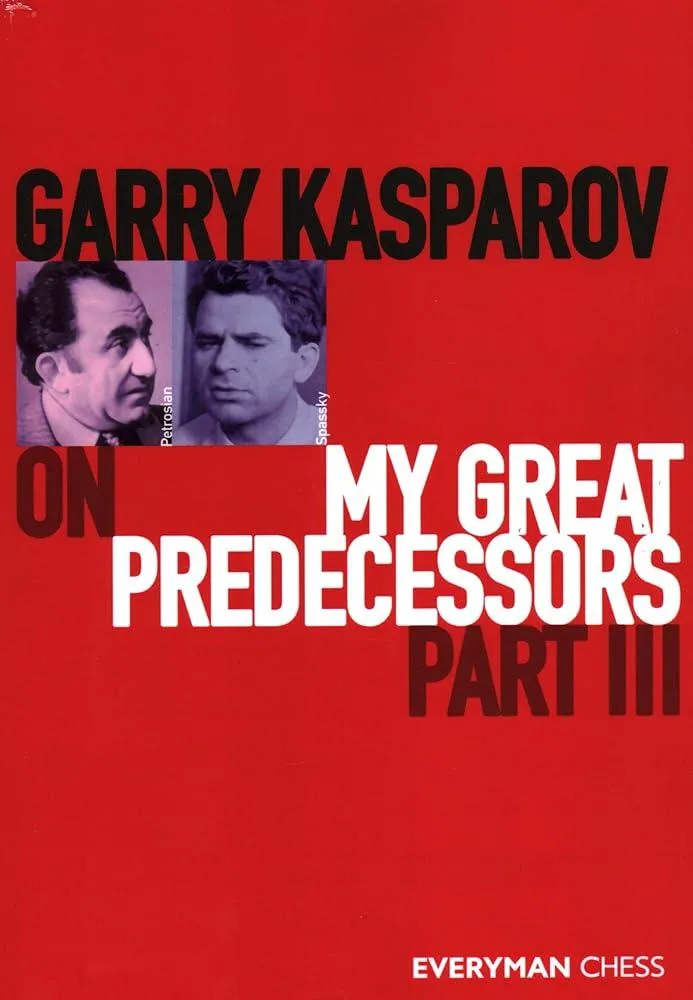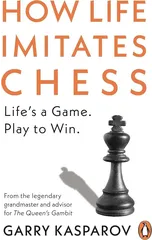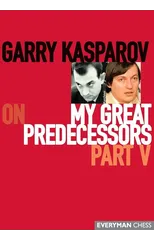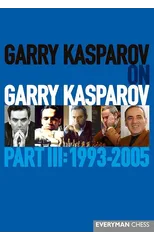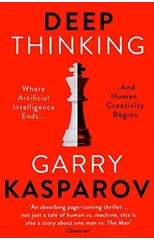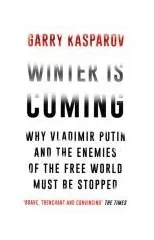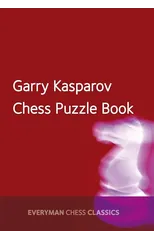Garry Kasparov on My Great Predecessors, Part Three
(Author) Garry KasparovThe battle for the World Chess Championship has witnessed numerous titanic struggles which have engaged the interest not only of the chess enthusiasts but of the public at large. The chessboard is the ultimate mental battleground and the world champions themselves are supreme intellectual gladiators. This magnificent compilation of play from the 1960s through to the 1970s forms the basis of the third part of Garry Kasparov's long-awaited definitive history of the World Chess Championship. Garry Kasparov, who is universally acclaimed as the greatest chessplayer ever, subjects the play from this era to a rigorous analysis the examination being enhanced by the use of the latest chess software. This volume features the play of champions Tigran Petrosian (1963-1969) and Boris Spassky (1969-1972). However, this book is more than just a compilation of play from the greats of this era. Kasparos biographies of these champions place them in a fascinating historical, political and cultural context. Kasparov explains how each champion brought his own distinctive style to the chessboard and enriched the theory of the game with new ideas.
Garry Kasparov
Garry Kasparov, born in 1963 in Baku, Azerbaijan, is a Russian chess grandmaster and former World Chess Champion. He is considered one of the greatest chess players of all time, known for his aggressive playing style and strategic brilliance.
Kasparov has authored several books on chess strategy and history, including "My Great Predecessors" series, which explores the games and lives of previous world champions. His influential contributions to literature have helped shape the understanding of chess as both a game and an art form.
His most famous work, "Deep Thinking: Where Machine Intelligence Ends and Human Creativity Begins," discusses the impact of artificial intelligence on human decision-making and the future of technology. Kasparov's unique perspective as a world-renowned chess player and thinker has made him a leading voice in the discussion of AI and its implications for society.
